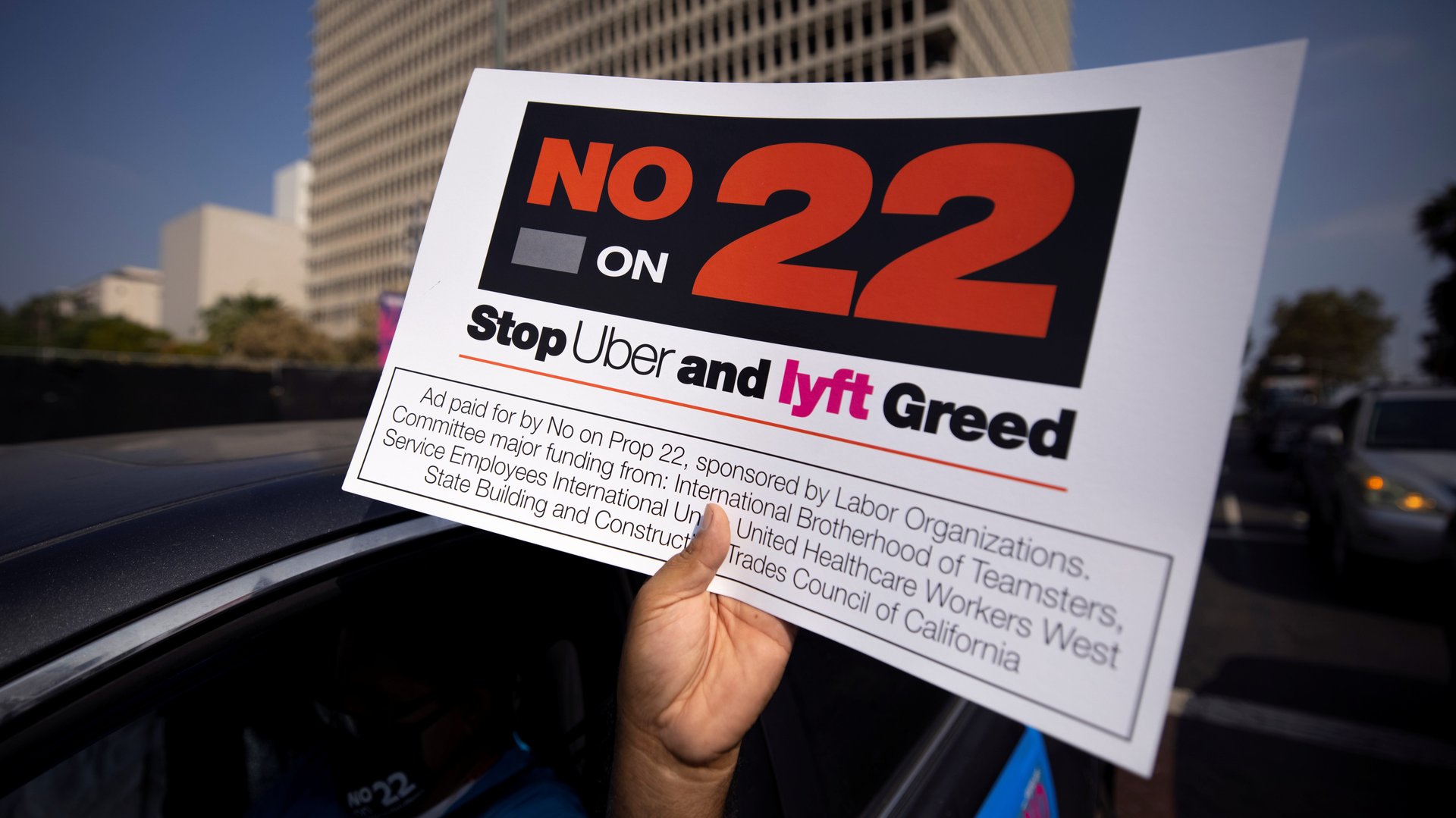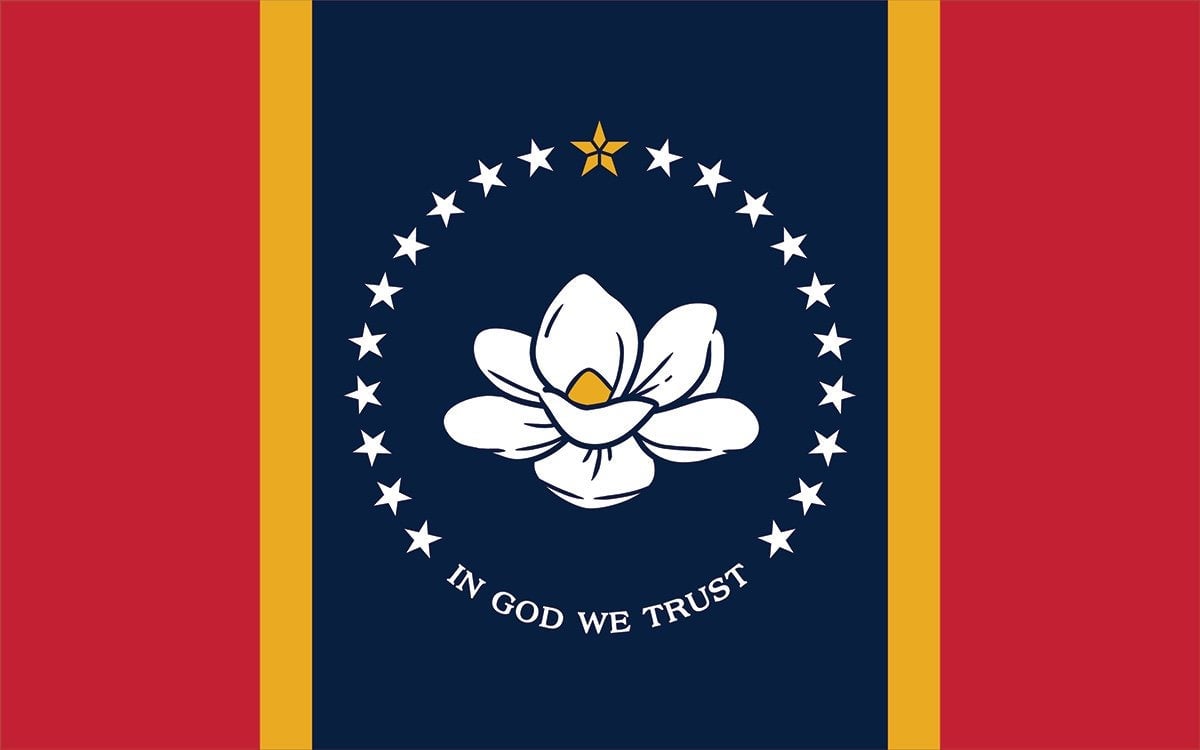Who won in the US election so far
This article has been updated to reflect the results of the US presidential election.


This article has been updated to reflect the results of the US presidential election.
After four days of waiting, the US finally has a presidential winner. By the latest count, Joe Biden defeated Donald Trump with a tad over half the popular vote, and with 279 to 290 electoral votes depending on whose tally you follow.
While votes continue to be counted in several key states, here’s a list of the down-ballot candidates and ballot measures that scored some notable victories.
A few firsts
Cori Bush is the first Black woman elected to be a US representative from Missouri.
Michele Rayner-Goolsby, elected to Florida state House, becomes the first openly queer Black female lawmaker in the sunshine state.
Sarah McBride, elected state senator in Delaware, becomes the highest ranking public official to be transgender.
Mauree Turner, a newly elected state legislator in Oklahoma, is the first non-binary and first Muslim lawmaker in the state.
Niraj Antani was elected to be he first Indian American representative in the Ohio state senate.
Daniella Levine Cava is the newly elected mayor of Miami-Dade county, and the first woman to win that race. She is also the first non-Hispanic candidate to win in nearly three decades.
Adeoye Owolewa was elected to the US House of Representatives from DC. He is the first Nigerian-American to join the US Congress.
Ritchie Torres and Mondaire Jones, both elected representatives in New York, and are the first openly gay Black men to join the US Congress.
Republican Cynthia Lummis was elected senator in Wyoming, becoming the first woman to represent the state in the US Congress.
Other notable victories
Democratic Colorado governor and once-presidential hopeful John Hickenlooper won his US Senate race, flipping Republican incumbent Cory Gardner’s seat.
Democrats flipped one seat in Arizona, too, with Mark Kelly defeating incumbent Republican senator Martha McSally.
Republican candidate Tommy Tuberville flipped a Democratic senate Senate in Alabama, defeating Doug Jones.
Marjorie Taylor Greene, a Republican candidate and promoter of the far-right QAnon conspiracy theory, was elected in Georgia.
Representative Alexandria Ocasio-Cortez of New York and the so-called “squad”—Ilhan Omar (Minnesota), Rashida Tlaib (Michigan), and Ayanna Pressley (Massachusetts)—all won re-election. The group was elected for the first time in 2018 and has been a preferred conservative nemesis since.
Republican candidate David Andahl posthumously won a seat in North Dakota’s state legislature. Andahl died of Covid-19 on Oct. 5, too late to amend the ballot. A vacancy will be created to fill his seat.
Ballot measures
Several states had measures on the ballot, of which a few were particularly hot. Here are the ones that have been decided so far:
Arizona legalized marijuana.
Arkansas imposed a 12-year term limit for state representatives, who can contest an election again only after a four-year break. State voters rejected changes to the way measures are submitted to the ballot.
California rejected stricter sentencing and parole, and restored voting for former felons upon completion of the sentence. The state allowed app-based drivers to be contractors, stripping them of employee rights, and won’t allow local governments to set rent control on 15-year-old properties.
Colorado rejected a ban on abortions after the 22nd week, and introduced a right to 12 weeks’ family and medical leave, with four extra weeks of leave allowed for pregnancy complications. Voters in Colorado also decided to join the National Popular Vote Interstate Compact, which would give the state’s electoral college votes to the winner of the popular vote (provided states accounting for at least 270 votes join the compact). The state income tax will also be reduced, but higher taxes will be imposed on tobacco and e-cigarettes.
In an unprecedented vote, a narrow majority of Colorado voters chose to reintroduce grey wolves in the Southern Rocky Mountains, from where they were hunted away in the 1940s.
Washington, DC, decriminalized psychedelic mushrooms (entheogenic plants and fungi).
Florida voters decided to raise the minimum wage to $10 starting September, 2021 and then by $1 a year until it gets to $15 in 2026.
Georgia voted to allow the creation of tax revenue with specific targets, and to let people challenge state laws at a federal level.
Kentucky added constitutional rights to crime victims, and increased judicial terms.
Louisiana banned abortion rights from the constitution.
Maryland expanded commercial gaming.
Mississippi allowed the use of medical marijuana. The state also replaced its flag, which had confederacy ties, with a new one.

Missouri voted to get rid of a nonpartisan demographer to design districts, and instead went back to a bipartisan commission appointed by the governor, a change supported by Republicans.
Montana legalized marijuana, and gave the state power to set a legal age to buy and consume marijuana and alcohol.
Nebraska removed the slavery exception—which allowed slavery as criminal punishment—from its constitution. The state also introduced a 20% tax on gaming, and an annual interest limit of 36% on payday loans.
New Jersey legalized marijuana, and allowed redistricting after the state election.
Oklahoma voted against using non-violent criminal history to impose a harsher sentence for a violent crime.
Oregon legalized psilocybin mushrooms, and reclassified drug possession to a minor offense. The state is imposing a tobacco and nicotine tax, and allowed imposing local limits on political contributions.
South Dakota legalized marijuana.
Utah removed the slavery exception from its constitution and decided certain age limits should be imposed on electable lawmakers. The state also supported adding a constitutional right to hunt and fish for people in Utah.
Virginia voted to create a redistricting commission comprising state legislators and citizens.